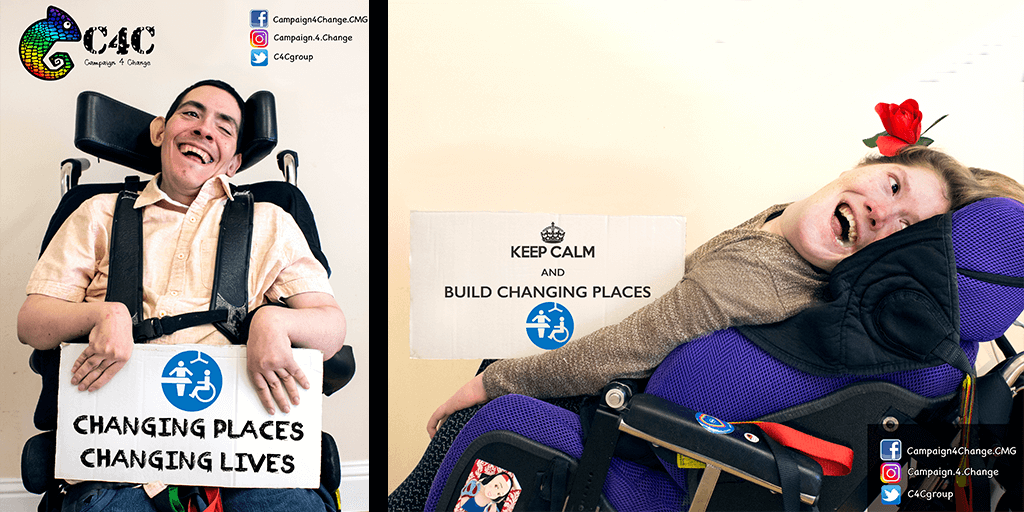More details about mental capacity and consent
Respecting people’s right to make their own decisions and to have their wishes and preferences followed is an important part of putting people at the centre of their care.
The Mental Capacity Act 2005 sets out:
- How to assess whether someone has capacity to make their own decision about something.
- What to do if someone does not have capacity to make a decision about something.
- How to uphold a person’s rights if they do not have capacity to make a decision about something.
The 5 principles of the Mental Capacity Act 2005
- A person must be assumed to have capacity unless it is established that he lacks capacity
Having a learning disability or autism does not mean that someone will lack capacity to make a decision. There should always be an individual assessment of someone’s capacity to make a specific decision. - A person is not to be treated as unable to make a decision unless all practicable steps to help him to do so have been taken without success
Practicable steps include communicating about the decision in an accessible way, using resources and approaches that work for the person. - A person is not to be treated as unable to make a decision merely because he makes an unwise decision
People who have a learning disability and autism have a right to make unwise decisions and should be supported to understand the risks and consequences of such decisions. - An act done, or decision made for or on behalf of a person who lacks capacity must be done, or made, in his best interests
Making a decision in a person’s best interests should follow a proper process and should take account of the person’s wishes, preferences and feelings about the issue. - Before the act is done, or the decision is made, regard must be had to whether the purpose can be as effectively achieved in a way that is less restrictive
Explore different ways of achieving the outcome and they ways in which a person can be supported to access the healthcare they need. This includes avoiding any form of restraint unless it is absolutely necessary.
It’s important to remember that capacity to make a decision is specific to the individual decision that has to be made. Sometimes people will be described as not having capacity generally, without any reference to what decision needs to be made – this is not in line with the Mental Capacity Act 2005.
People who lack capacity to make a particular decision often have capacity to make a decision about something else. For example, someone might lack capacity to make a decision to consent to a high risk health intervention, but can make their own decisions about other aspects of their health.
Upholding that person’s right to make their own decision, whenever they have capacity to do so, is key to making sure people have independence, choice and control.
Some people might have fluctuating capacity, meaning they may gain or lose capacity to make the same specific decision depending on different factors. Lots of people can also be supported to gain capacity to make a specific decision over time – using accessible tools and working together to build a person’s understanding of what needs to be decided.
If someone doesn’t have capacity to make a specific decision for themselves, then a decision should be made on their behalf using a best interests process.
Scenario: Carrying out a best interests process for someone who lacks capacity to make a decision
Harry has not had his COVID-19 vaccine. A capacity assessment has found that Harry does not have capacity to make the decision for himself. As Harry’s GP, you would be the final decision maker about him having the vaccine, because you would be the one to administer it. Follow this best interests process for Harry.
Step 1: Establish Harry’s wishes, feelings and preferences in relation to having the vaccine
Remember:
- Involve Harry as fully as possible, using communication methods that work for him.
- Take into account Harry’s past and present wishes and feelings, and any beliefs and values likely to have a bearing on the decision.
- Do not make assumptions merely on the basis of the Harry’s age or appearance, condition or any aspect his behaviour.
Click on the animation to hear what Harry thinks about having a vaccine.
Step 2: Speak to people who know Harry well
Harry’s parents are involved in his life and help him to make decisions about his health care.
They want Harry to be protected from the virus.
Click on the animation to hear what Harry’s mother thinks.
Step 3: Speak to people who understand Harry’s support needs
Harry lives in supported living and his support team go to health appointments with him.
They have been thinking about how to help Harry have a vaccine and they know there are some risks around Harry having injections, based on previous experience.
Click on the animation to hear what Harry’s support manager thinks.
Step 4:Making the final decision
The decision maker (i.e. the person who will be carrying out the medical process about which a decision must be made) must use this information to inform the final decision
You have the information from Harry, his mother and his support manager. Use this alongside your knowledge about having the COVID vaccine to make a decision in Harry’s best interests.
Step 5: Recording the decision
The decision should be recorded with information about how and why the decision was reached, so that everyone can access and understand it.










